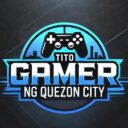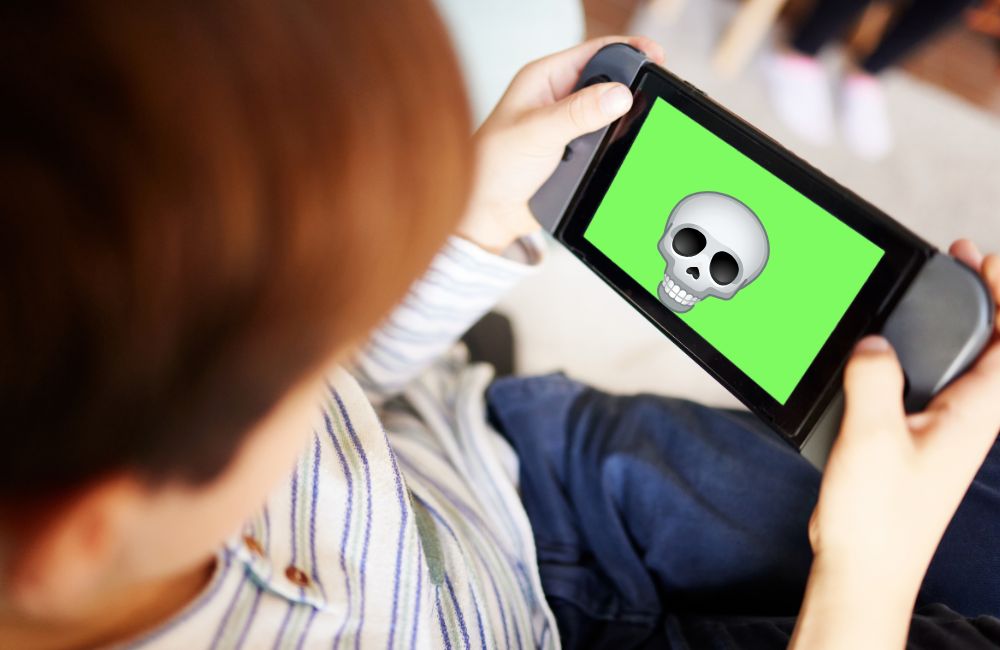Early adopters of Nintendo’s new hybrid have discovered a hidden danger in the console’s backward-compatibility feature. Put a used Switch 1 cartridge in your brand new Switch 2, download the day-one patch, and you might wake up to find every online feature blocked.
Players on the r/Switch Reddit board reported that they lost eShop access only hours after patching four Facebook-Marketplace finds. Nintendo’s servers spotted the same game identifier online twice and assumed piracy. The system reacted automatically, placing an account-wide ban that also disables multiplayer and cloud saves.
Why Used-Game Buyers Get Swept Up
Dumpers clone a cartridge to a flash cart (MIG FLASH), sell the original, and keep the ROM. Once both copies ping Nintendo’s servers, every console involved is marked. The seller keeps playing on a hacked Switch 1 while an honest buyer fires up their Switch 2 and takes the hit.
Because the identifier sits inside the chip, there’s no outward sign that a card was ever cloned. Used game stores, pawnshops, and online marketplaces can’t test stock without risking their own hardware. Consumers only learn the truth when the ban notice appears on their Switch 2.
How Nintendo Is Going Strong Against Piracy
Nintendo has never treated piracy lightly, but the Switch 2 takes enforcement to a new level. Every game card carries an invisible unique code. If that code appears on more than one console at the same moment, Nintendo’s network flags both devices.
The company’s revised user agreement, published in May, even warns it can render hardware “permanently unusable” if users run unlicensed software. Engineers also added checks for MIG Flash cartridges, a third-party device that lets owners sideload ROMs. Reports show Switch 2 units running MIG Flash get bricked within minutes, even if the user only loads personal backups.
The Japanese gaming company’s stance on piracy has been known to be brutal. Earlier this year, 1fichier paid Nintendo $1.13 million for not following through on removing every pirated games. Going back to last year, Nintendo sued the programmers of Yuzu, an emulator of the Switch for PC.

Recovery is still possible
Luckily, bans aren’t always permanent. Players who gather receipts, marketplace screenshots, and photos of the physical card have persuaded Nintendo Support to lift restrictions within a single chat session. The link is through here if you are one of the affected Switch 2 users: https://en-americas-support.nintendo.com/app/contact
Support representatives verify the purchase, check that the player never inserted a flash cartridge, then re-enable online features. In most documented cases the same cartridges still run afterward, suggesting the identifier resets once one console clears its name. Nintendo hasn’t confirmed that policy, but anecdotal evidence points that way.
Bottom Line
Switch 2’s backwards compatibility was supposed to extend the life of a beloved library. Instead, it has turned used-game shopping into a gamble. Nintendo’s anti-piracy tech works since it catches real pirates. But right now, it also snags honest fans looking for a bargain. Until Nintendo fine-tunes detection or builds a safer verification step, second-hand shoppers need receipts, screenshots, and luck in equal measure.
And yes, I will eventually buy a Switch 2. For more Nintendo, Switch, and other gaming news, visit this page.



